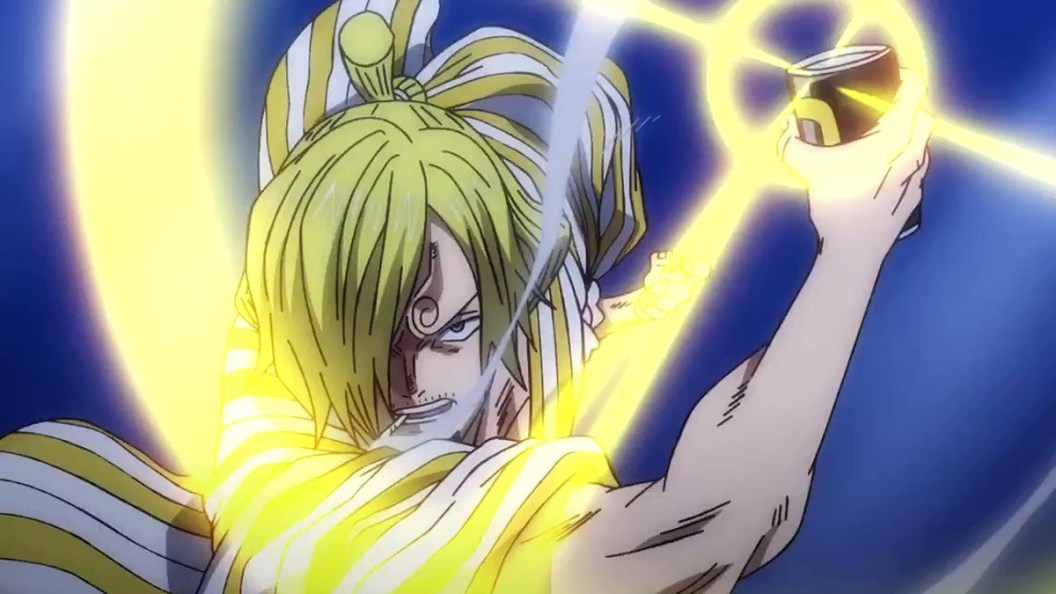Mike Peters, the frontman of The Alarm, has sadly died at the age of 66. The legendary rocker, who fronted the iconic Welsh punk band, died on Tuesday (April 29) following a long, devastating battle with blood cancer. Peters was diagnosed with lymphoma in 1995, and later had chronic lymphocytic leukaemia twice.
Peters was forced to cancel a US tour last year after being diagnosed with fast-growing lymphoma, and had been undergoing treatment at the Christie NHS Foundation Trust in Manchester. His death was announced by a spokeswoman for the charity he co-founded with his wife Jules. The Alarm also paid tribute to Mike with a post on Instagram, simply captioned: "Michael Peters, 25 February 1959/29 April 2025," adding: "Totally free.

" Last year, in an interview with the PA news agency, Peters credited his thousands of fans with giving him a boost during his heartbreaking cancer battle. Emotional tributes have poured in for the beloved musician from fans online. One wrote: "Devastated is not the word.
RIP Mike and thanks for helping to shape my life with your music and courage! LHS! [heart emoji]" Another commented: "Oh this is heartbreaking news. Fly Free Mike. So sorry to read this, your battle was long and hard and fought like a true hero.
Sending love to Jules and the boys and everyone in Mike's world! Xx" A third penned: "My first gig was the Alarm. Showed me what live music was all about. A true legend and hardest working guy.
Gutted to lose you. Sleep well Mike, no more suffering." He said his diagnosis with fast-growing lymphoma had led to an "incredible" response, with "phenomenal support and prayers from the fans from all directions".
He added: "I think, with my crazy instinct to try and preserve my life as well as my health, I worked out that I was able to play some British shows in the summer. "Luckily for me, they were all at the end of the chemotherapy cycles. "I couldn't do them with the band and the crew and the tour buses and all that, but I could stand up on the stage on my own with a small back-up team, so I wasn't being exposed to any viruses or conditions that would impact on my health.
".
Entertainment

The Alarm frontman Mike Peters dies after long battle as tributes pour in for 'icon'

The Alarm's beloved frontman Mike Peters has sadly died at the age of 66, after a long battle with blood cancer for 30 years, following a diagnosis of lymphoma in 1995















